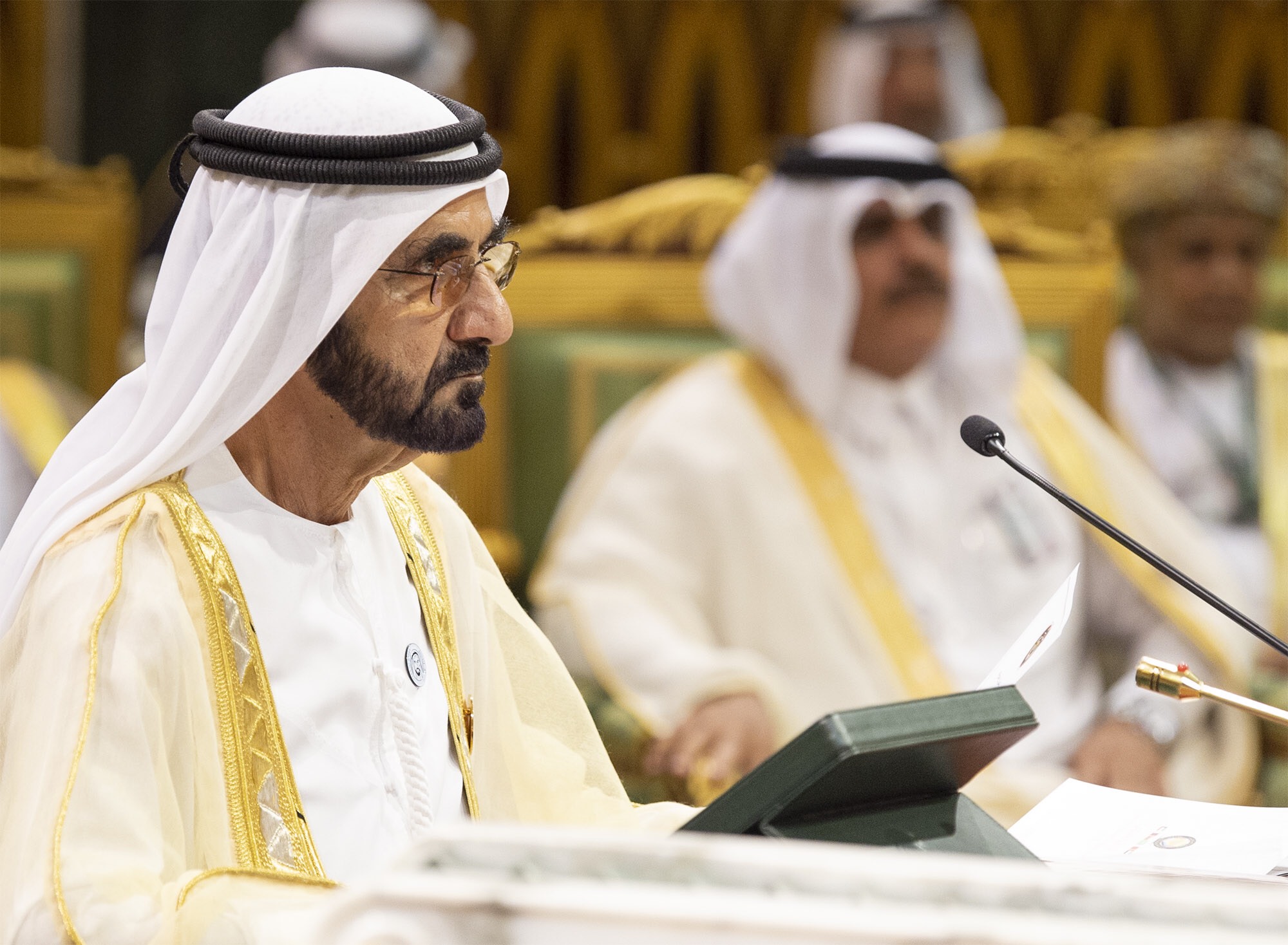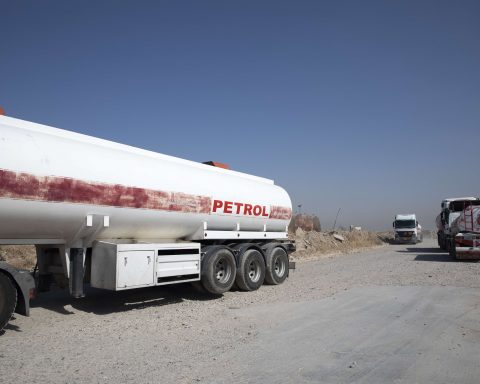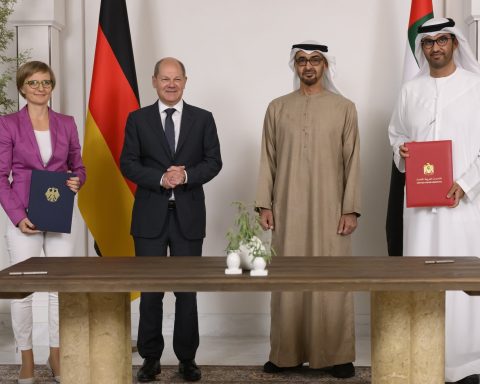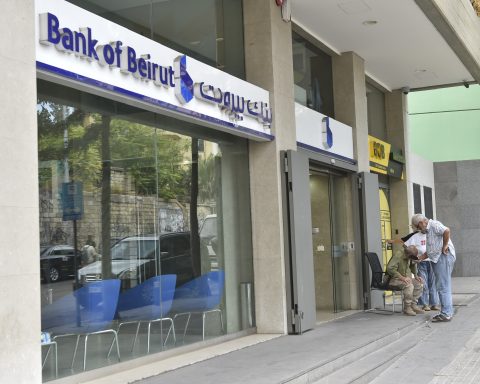Abu Dhabi and Dubai’s recent actions are mostly aimed at mitigating the negative consequences of the oil-based economy. Given the difficulties in Gulf international relations, self-sufficiency and independence from oil emerge as a significant goal for the countries in the region. Although diverse projections abound for the post-oil period in the region, Gulf countries, notably the oil-rich Arab monarchy of the UAE, are preparing for it to materialize in the near future.
The vision projects of the UAE strive for sustainable development and diversification of economic resources, as well as the use of greener sources of energy. Aside from all of this, the most critical necessity in the transition to a post-oil economy is the source of financing. To that end, the UAE is attempting to entice investment by unveiling 50 new economic projects in 2021, which corresponds with the country’s 50th anniversary of founding. In this regard, the UAE authorities stated during a conference held at Jumeirah Emirates Towers that the UAE intends to attract $150 billion in investment over the next nine years.
In conjunction with this pronouncement, the UAE has announced the implementation of 50 new economic projects worth $150 billion in investments over nine years. Because vision projects are anticipated for 2030, investments are tied to a nine-year specified timeframe.
Why the UAE needs to attract investment: 1971-2021-2071
The timing of the UAE government’s launching of these investment projects is essential. The UAE was founded on December 2nd, 1971, and the 50th anniversary of its foundation will commence in December.
In this regard, the 50th National Day celebrations, as well as the fact that the second 50 years target begins in 2022, make this date critical. Furthermore, by announcing its investment plan in this area, the UAE has begun the process of shifting to a knowledge economy within the scope of its 2071 century agenda.
Although everything appears to be on track, the UAE is under pressure to announce these investment plans as soon as possible for a variety of reasons.
The first reason is that the UAE does not want to lose its competitive position in the regional economy. Recent issues on the agenda between Saudi Arabia and the UAE have included the relocation of regional headquarters of corporations to Saudi Arabia, disputes over production quotas within OPEC, and customs tariff measures. As a corollary, by unveiling such a major investment plan, Abu Dhabi and Dubai may be striving to eliminate regional rivals such as Riyadh and Doha from regional economic competition.
A second force majeure is the UAE’s economic difficulties in the 2019-2020 timeframe. Due to travel and other coercive measures arising from the Covid-19 pandemic, the UAE economy shrank by 6.1 percent in 2020. Aside from the economic downturn, the majority of foreign laborers’ employment contracts were terminated in the last year, which has serious implications on the UAE economy and sociological mosaic. Due to the sheer deteriorating socioeconomic trends in 2020, unemployment in the UAE climbed by 3 percent from the previous year to 5 percent.
Despite the bleak picture, the UAE received around $20 billion in foreign investment in 2020, a 40 percent increase from 2019. While $20 billion appears to be a huge sum and represents a significant increase over the previous year, roughly 84 percent of the investments were dedicated to oil and oil products. A large chunk of this $20 billion, approximately $16.8 billion, was allocated to ADNOC, the Abu Dhabi National Oil Company.
Content of the Projects of the 50
The economic initiatives outlined against this backdrop are based on principles articulated by the UAE government. As Dubai ruler Mohammed bin Rashid Al Maktoum suggests, Emirati rulers consider that development is the foundation for safeguarding the federation’s unity, which has been the country’s most essential aim since 1971. In this perspective, it is envisaged that through attaining the development goals, the UAE could become one of the most influential and dynamic economies in the Gulf, the Middle East, and the globe. The idea of creating a dynamic economy also makes assuring the flow of economic investments to the country the UAE’s most serious international priority. In addition to digital, scientific, and technological components, the UAE intends to prioritize human capital and endeavors to accomplish these objectives.
Increasing citizens’ rate of employment seems to be an integral ingredient of these economic strategies. Unemployment, which has risen to 5 percent in 2020, is being addressed by making private-sector jobs more alluring, with plans to employ 75.000 UAE nationals over the next five years. To reach this goal, the Emirati Talent Competitiveness Council was created, and a total of $6.5 billion is projected to be spent on finalizing the employment processes for 75.000 nationals.
Initiatives to boost the productivity of the private sector will also enable university students to earn greater wages if they choose to work in the private sector. The Emirati Salary Support Scheme will be in control of the recruiting and technical aspects of graduate employment in the private sector. Similar to the private sector-friendly programs, the Merit Program, Pension Programme, Child Allowance Scheme, Talent Programme, Apprentice Programme, National Healthcare Programme, Start-Up Break, Early Retirement, and Graduate Fund programs will be instrumental in the UAE’s economic policies.
Implications and Possibilities
Looking at the UAE’s most recent moves, it is undeniable to notice that an economic transformation is being pursued. Internal economic contraction, regional economic competitiveness, and local repercussions of the global pandemic compel the UAE to adopt critical decisions. Three major implications could be taken from the UAE’s intentions.
The first implication would be that the UAE will be a country that emphasizes commerce, economics, and investment in the near future. A second implication addresses the UAE’s foreign policy. The foreign policy developments that led to the announcement of the investment plans, as well as the fact that the investment plans take significant effort, financial resources, and time, hint that the UAE’s foreign policy may not be as aggressive as it has been in the past. A crucial point worth mentioning is that the UAE, the Middle East’s 2nd largest economy, would pursue policies that favor the economy and commerce, resulting in both competition and improved neighborly ties in the Gulf.
Before drawing any conclusions, it would be prudent to wait for the economic efforts to have the intended effect and become a regional reality. Otherwise, disregarding the potential that the efforts outlined on paper may not be realized may lead to incorrect conclusions.














